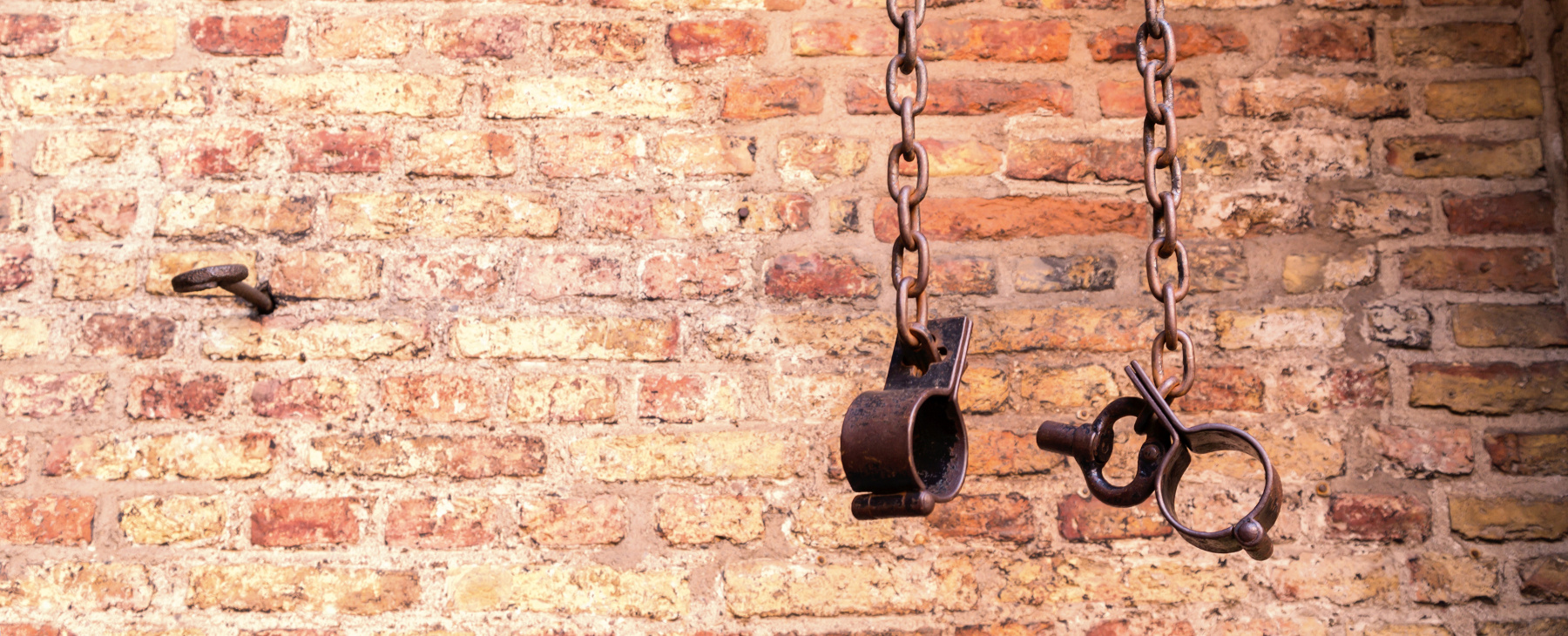The government’s proposal to criminalize torture is riddled with loopholes, as illustrated in the fictitious case of human rights defender Bilash.
Nepal acceded to the United Nations Convention Against Torture (UNCAT) in 1991, thereby committing itself to criminalizing torture, preventing its occurrence and redressing victims.
Until today, the country failed to fulfill this obligation. Torture has been, and still is, committed on an alarming scale in Nepal. Since 2000, almost 1’000 complaints have been registered by the National Human Rights Commission – given the procedural hurdles to file a case, odds are the real figure is much higher.
Now, finally, an Anti-Torture Draft Bill (“Torture and Cruel, Inhuman or Degrading Treatment (Control) Bill”) is being discussed in Parliament. A blazing victory? Not quite.
Proposed Bill is welcome but incomplete
While the Bill is definitely a step in the right direction, its standards fall well short of those recommended by the UN Committee Against Torture.
This is not an obscure legal matter of standards: in its present state, the Bill contains so many loopholes that countless victims would be left out of its scope, effectively denied access to justice.
The Draft Bill’s shortcomings can be illustrated in very concrete terms using the fictitious case of Bishal*. While the following example is purely fictional, it is realistic enough to illustrate the difficulties actual victims could face if the Bill were adopted in its present state.
Tortured in his own house
Bishal is a human rights defender in Kathmandu. He regularly writes for a local newspaper, openly criticizing the government. He has been in the authorities’ line of sight for a while.
One afternoon, three local policemen knock on Bishal’s door. As soon as he opens, they force their way in and lock the door behind them. They start insulting Bishal, calling him a traitor; then one policeman slaps him, and the violence quickly escalates to punches and thrashing with their truncheon. The beating continues for an hour. Before losing consciousness, Bishal hears them threatening to harm his family.
When he regains consciousness, he is at the hospital. His wife has found him lying in a pool of blood and brought him there immediately. He stays in medical care for two months, receiving expensive treatments that his family can barely afford. Because Bishal cannot work in his state, they must both survive on her wife’s meagre salary.
Too little time for victims…
For another month after leaving the hospital, Bilash is too scared to report his torture. But finally, his wife convinces him to report his aggression. If he does not, she fears the policemen will keep bullying him.
But at the police station, Bilash is told that he is too late: the statute of limitations provides a 90 days delay to file a torture case. Bilash argues that he was wounded and scared and could not come sooner, but the authorities are categorical: over 90 days after the crime occurred, the perpetrators simply fall through the mesh.
Let’s now change the scenario slightly: Bilash recovers faster and makes it to the police station within the imparted time. When the authorities require him to state the “period and reason held in detention”, he is taken aback: he was beaten in is house, not detained. But the law only provides for torture charges in detention, and without information on said detention, the complaint cannot go through. In this scenario too, Bilash is unable to seek justice.
Let’s change once again the story: Bilash is arrested by the policemen and immediately brought to prison and beaten up there. The next day, he is drop off in front of his house, where his wife finds him and calls an ambulance. The victim recovers fast enough to file his case in time. He also provides information on his detention, and so his case is successfully registered and proceeds to a trial.
… too few consequences for criminals
Bilash hopes that his persecutors will go to jail and never be able to harm him again. But in the courtroom, the sole punishment the policemen receive is a 500’000 rupee fine (approximately 5’000 USD). Bilash is shocked that no prison sentence is pronounced, but the judge has indeed the right to punish torture with a simple fine instead.
Bilash at least hopes that the court will grant him reparations. He has been unable to work since his attack, and costly medical checkups still drain his finances. He also suffers from sleeping disorders and lack of concentration, leading his neighbors to gossip and distance themselves. Bilash’s fear that the police may hurt him again is relentless.
But the judges only grant Bilash a compensation of 500’000 rupees (approximately 5’000 USD). It is the highest possible sum, yet it is not enough to cover his loss of income nor the medical fees – let alone make up for his pain, humiliation and trauma. Outside of the sum of money, there is no sign of the broader range of reparations, including psychological care and legal and social services.
Not too late to turn the tide
With the Anti-Torture Draft Bill currently under discussion before the Nepalese parliament, this grim outcome can still be spared to real victims.
This week, TRIAL and four other NGOs have submitted a report to the UN Special Rapporteur on Torture and Other Cruel, Inhuman or Degrading Treatment or Punishment. The report detailed the Bill’s aforementioned shortcomings, and many others.
“We encourage the Special Rapporteur to share our concerns to the Nepalese government”, says Helena Rodríguez-Bronchú Carceller, Head of the Nepal program at TRIAL International. “We also urge the Nepalese Parliament to bear these concerns in mind when discussing the Draft Bill.”

